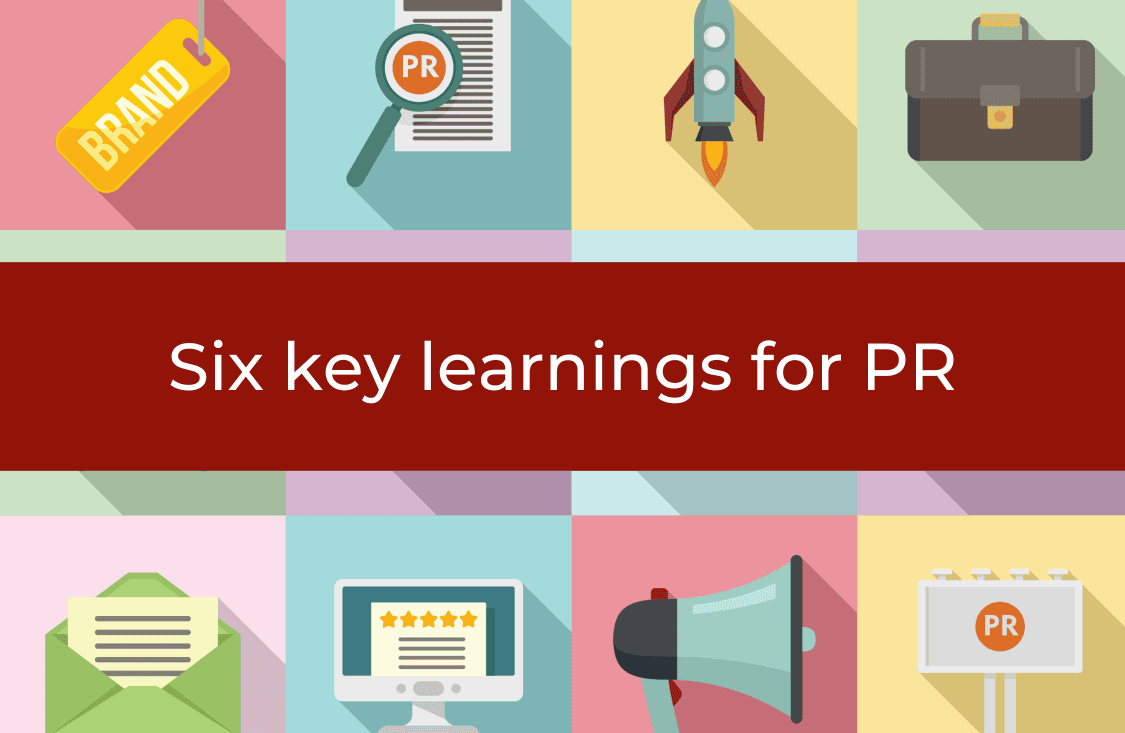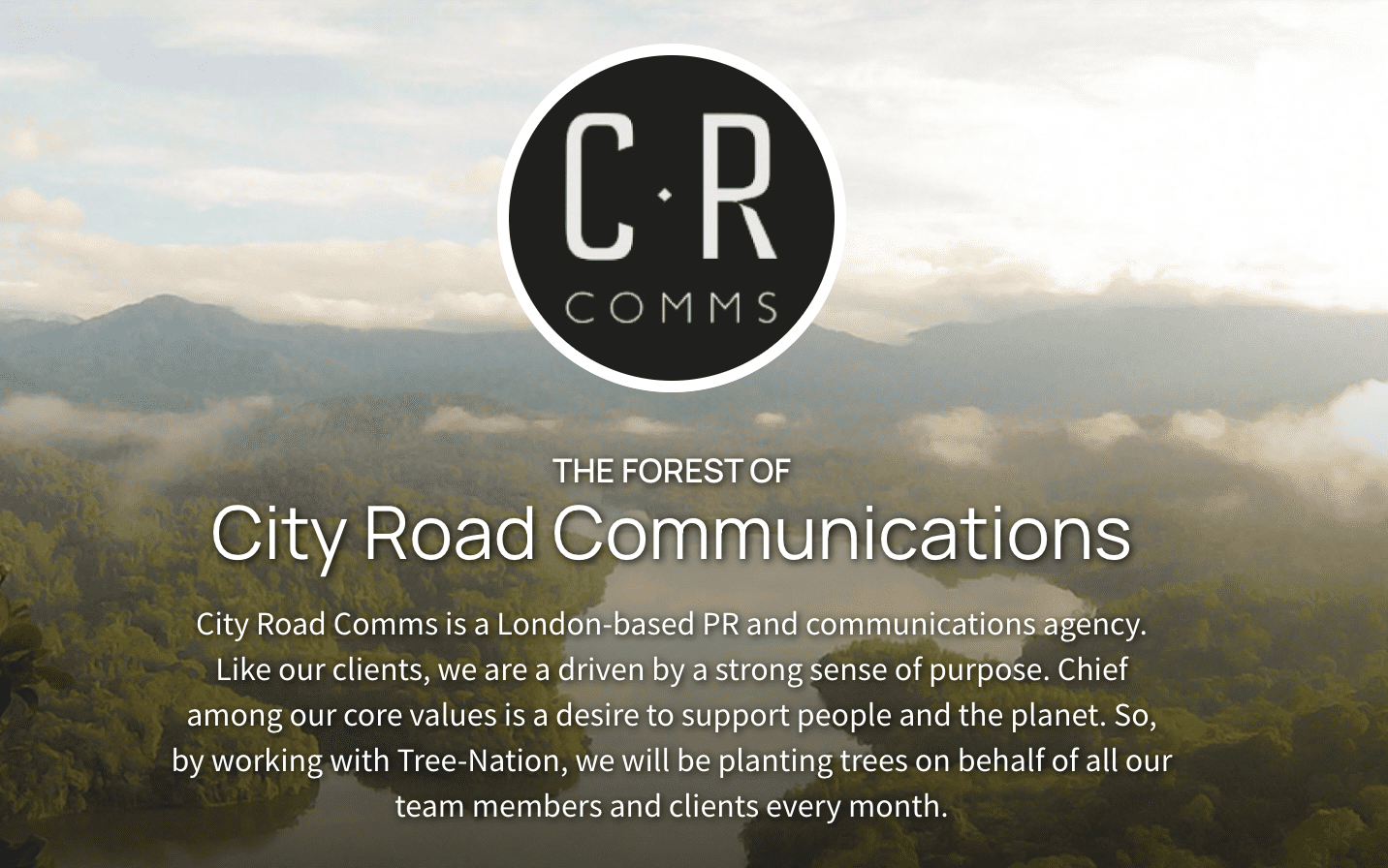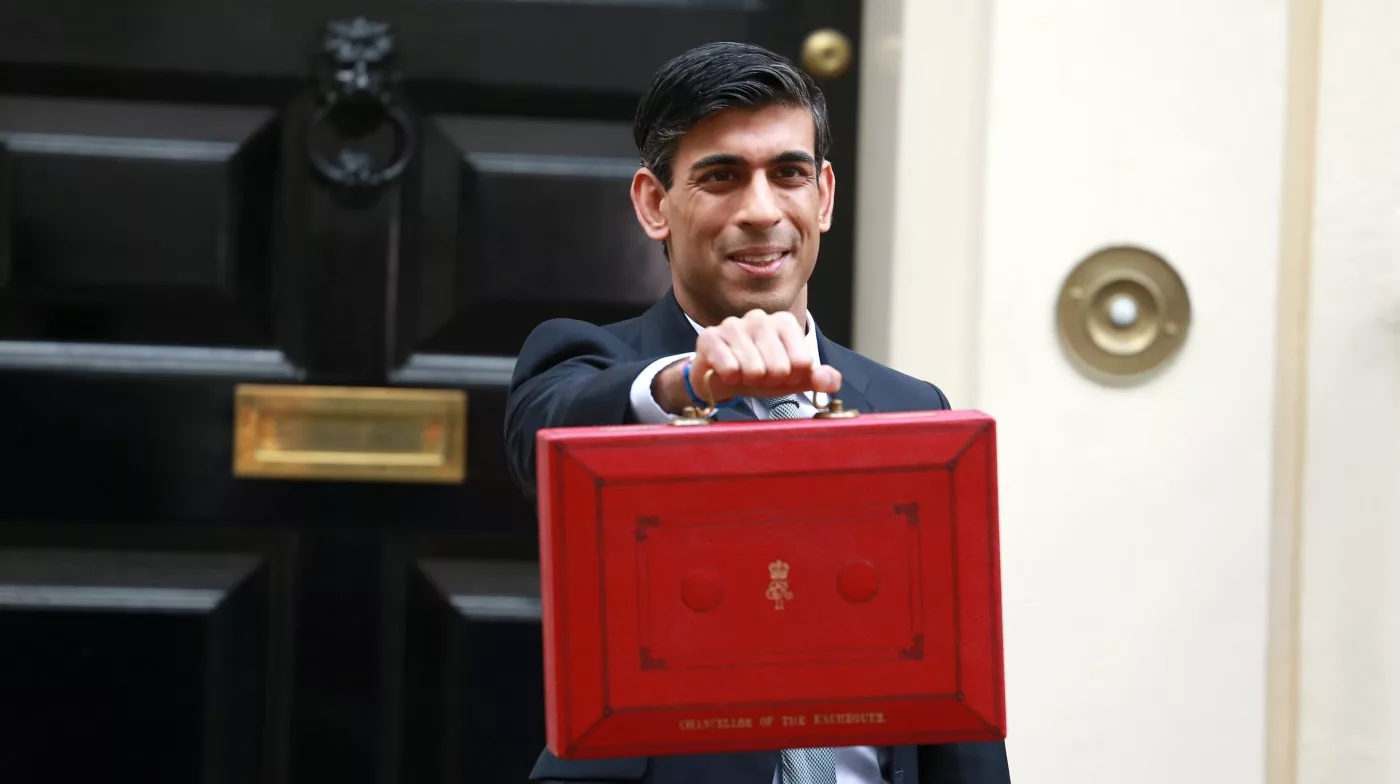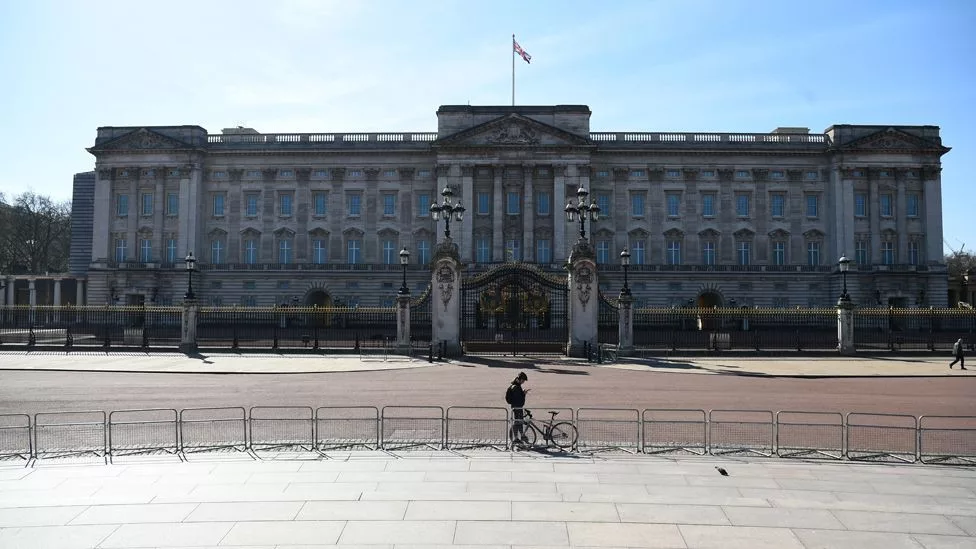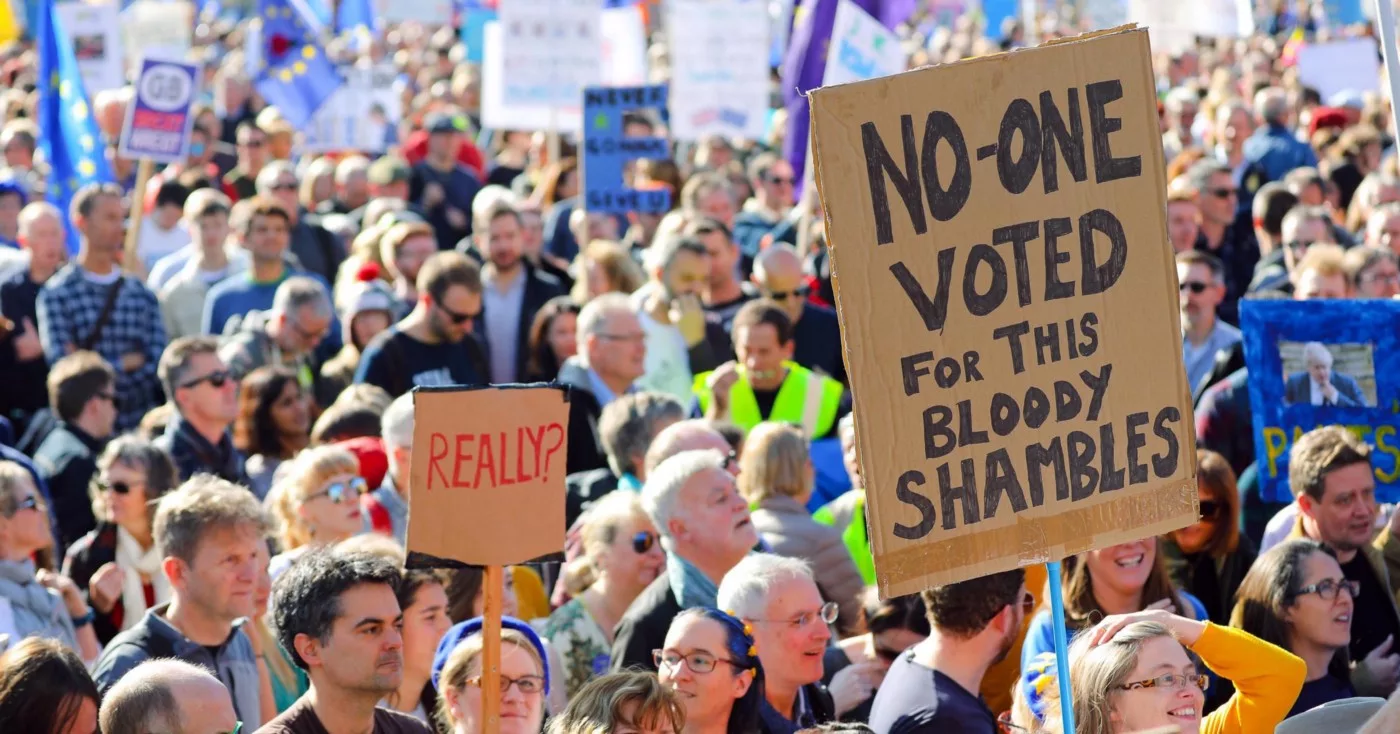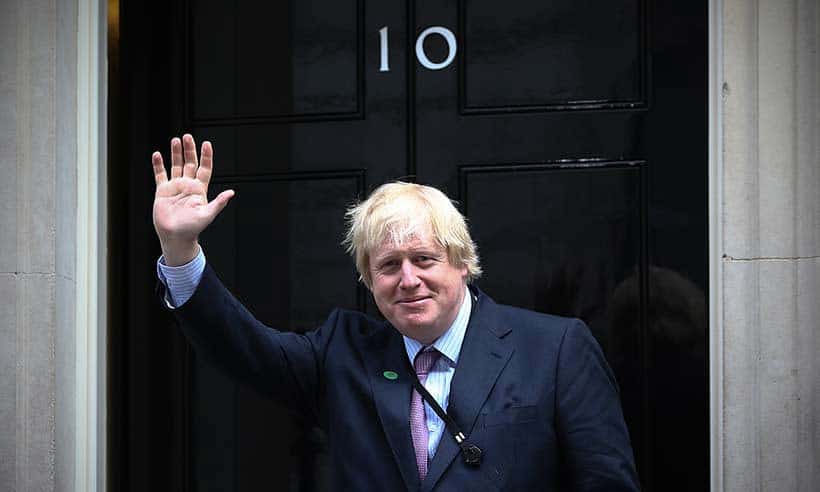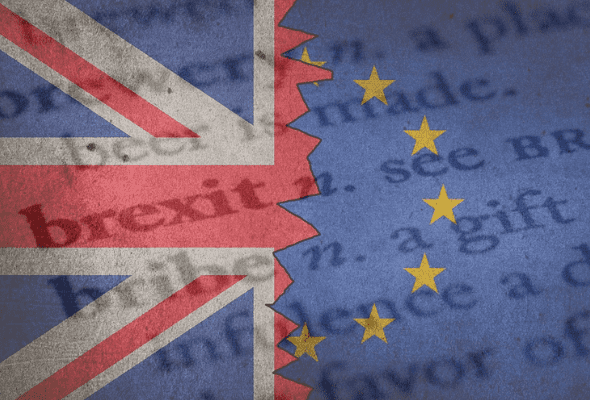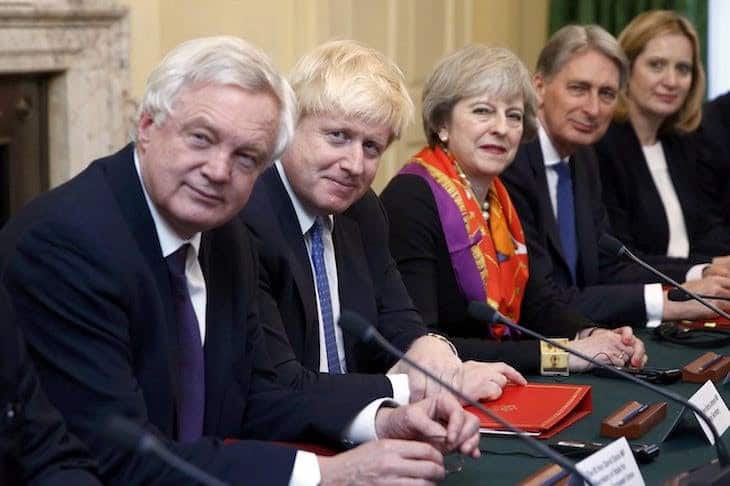Why clichés and jargon will kill your PR strategy

Dominic Pollard, Director, City Road Communications
Jargon is divisive, especially in business. Some embrace it – there’s nothing they like more than to touch base, deep dive or circle back. Then there are those who are seemingly revulsed by these workplace idiosyncrasies. Such phrases are readily mocked, easy fodder as they are for any satire of crap management.
But I am guilty of using jargon. It’s hard not to. Barely a meeting will go by without my mentioning marcomms, op-eds, sell-ins, and “hits” of coverage – all terms that would have people outside of the PR and communications industry scratching their heads.
I am working on it. Yet there is also an important distinction in when jargon is used.
In everyday internal communication within businesses, jargon fulfils a purpose. They are invariably phrases that are understood and can succinctly convey an opinion or a necessary action. Also, in dialogue, clarifications can easily be provided to ensure the right message comes across.
When it comes to external communications, however, it is a very different matter. Jargon and, more generally, lazy clichés must be avoided at all costs.
As PR professionals, our job is to help businesses and brands effectively communicate ideas and stories to different audiences. Jargon can be a huge hindrance, both when speaking with journalists and when putting content in front of a reader.
Avoiding jargon with journalists
Journalists are contacted by dozens if not hundreds (perhaps even thousands) of businesses and PR agencies each day. Whether sending them a press release or an idea for a guest article for their publication, to get their attention, your pitch must be clear and concise. Jargon that might be familiar to one business (or PR agency) might be lost on the journalist. The result: they quickly move on to the next email in their inbox.
Yet it is equally bad practice to use phrases that are so commonplace and clichéd that they lose any impact or meaning.
Here are some of the best examples of this: disruptive, next-generation, innovative, ground-breaking. There is a propensity among businesses to weave these adjectives into their marketing copy. And many PR professionals are guilty of it too.
I’ve lost count of the number of businesses I have spoken to that describe themselves as disruptive. Very few are – in fact when it comes to early-stage startups, it is a tiny, tiny percentage. They might be nascent businesses with the potential to disrupt a market, industry or status quo, but only if they scale immensely.
If, then, you email a journalist shouting about the latest piece of news from your disruptive, next-gen startup, expect short shrift. Journalists tend to be cynical by nature – they ought to be, given they have to scrutinise and unearth interesting, newsworthy nuggets of information from a vast number of lengthy emails and documents. So, it is logical that they would tut and roll their eyes when reading their tenth press release that day wherein a startup describes itself as disruptive.
Robert Scammell, editor of UK Tech News, sums it up perfectly: “Startups have limited time to capture a journalist’s attention. Why waste it on clichéd words that add no value and will ultimately never make it into a story?
“At best, words like ‘next-gen’, ‘market-leading’ and ‘disruptive’ come across as lazy. At worst, they indicate a startup is compensating for a lack of identity or, in some cases, a solid business model.
“The inverse is also true – a startup that clearly communicates what it does and the problem it’s solving without the fluff signals confidence in itself.”
Clear, whenever speaking with journalists, being as plain and direct as possible is the best approach. That’s why brevity is now such an important skill when it comes to PR and communications.
Keeping jargon out of your customer-facing content
Jargon can act as a deterrent when trying to pique the interest of journalists. Its impact when communicating directly with your desired audience is different, but no less serious.
We could be talking about a press release or guest article you want to get published in the media or perhaps content for your own blog or social media platforms. Whatever form the content is taking, the same guiding principle applies – focus on conveying your message as clearly and simply as possible.
Your content needs to demonstrate a knowledge of a particular topic or issue; establish your brand’s values and align these with those of your customers, and encourage people to trust in what you say and what you do, to name a few key objectives. To achieve this, get your points across using simple language that everyone understands. Avoid banal phrases that don’t actually mean anything.
Yes, yes, there might be times when you are writing for an industry-specific readership, in which case there are likely going to be phrases that will be widely understood by the audience. But one should always be mindful of writing content on the assumption that their jargon is universally known within a particular field.
Moreover, as stated at the very start of this article, jargon is divisive, even if people know fully well what it means. It will not resonate well with all people nor build a positive rapport. Similarly, clichés are by definition, generic and unimaginative, hardly likely to elicit much of a response from a reader.
Fundamentally, PR is about building and maintaining a positive image of your business and the people within it. Getting in the right media outlets so as to be seen by your desired audiences is a key part of the challenge, but creating content that will have a positive impact is even more important. Jargon impedes both.
Businesses managing their own public relations and external communications must step back and carefully consider the language they are using. PR agencies, meanwhile, must have open enough relationships with clients to tell ‘you shouldn’t describe yourself as a disruptive, next-gen fintech innovator’ for fear of pissing off both journalists and their readers.
Say what you think, explain what you do, or provide insight into the topic. And do it through clear and concise language.

Dominic Pollard
Communications Director
About the author
With a history degree, journalism Master’s, and several years’ experience writing about business and technology for both the national and trade press, Dominic moved into the world of content marketing and comms in 2014. He joined City Road Comms in 2016, becoming the agency’s director of comms two years later. Dominic now oversees clients’ strategies and the overall operations of the agency.
Email
